William McTaggart (1835-1910)
William McTaggart was a crofter's son born near Aros in Kintyre. He was educated at Campbeltown and after a period as an apprentice apothecary left home to go to Edinburgh where he studied at the Trustees Academy under Robert Scott Lauder (1803-1869) from 1852 until 1859.
McTaggart was part of a distinguished generation of Scottish artists that included William Quiller Orchardson (1832-1910), Hugh Cameron (1835-1913), George Paul Chalmers (1833-1878) and John Pettie (1839-1893). Many of these were his fellow students in Edinburgh under Scott Lauder.
He started exhibiting around the age of 18 and during his time as a student he won several prizes. His early works were portraits but by the late 1850s he decided to concentrate on landscapes and continued painting portraits only when he needed money.
On his marriage in 1863 McTaggart moved to Fairlie and during the winter worked on large oils and in the summer he sketched on the coast. In the late 1860s he started painting more dramatic compositions and in the following decade was able to make a good living, supporting a family and a large house in Edinburgh. He frequently worked on the east coast at Carnoustie in spring and summer and making painting trips to Machrihanish during the Autumn. Official recognition finally came when he became an Academician of the Royal Scottish Academy in 1870.
McTaggart's art continued to develop and by 1883 he was occupied with plein-air painting and the idea of completing a work in only one session. Later in that decade he moved to Broomieknowe in Midlothian, concentrating on dramatic evocation of atmosphere and working so quickly that a painting was often done in a day. This brought him to his great final series of works, painted at Machrihanish, which were impressionistic. His final trips to Carnoustie and Machrihanish took place in 1908. He died at Broomieknowe in 1910.
To get a print or license the use of any of these images please contact the Art UK shop. If you have any other questions concerning this collection please contact us at wattinstitution@inverclyde.gov.uk.
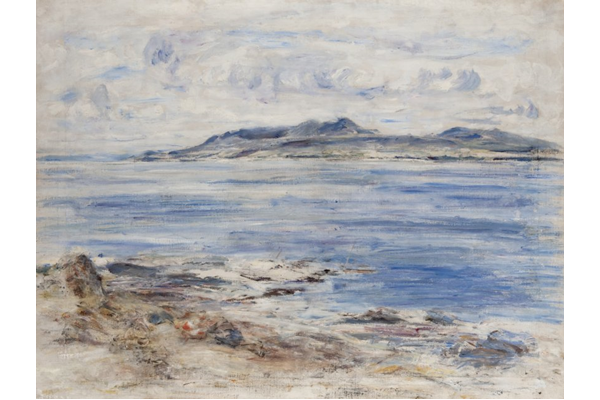
The Blue Calm - Arran Hills from Ardcarrach
The Blue Calm - Arran Hills from Ardcarrach - Oil on canvas - 122.2 x 159.4 cm - 1901 - 1977.991 ©McLean Museum and Art Gallery, Greenock.
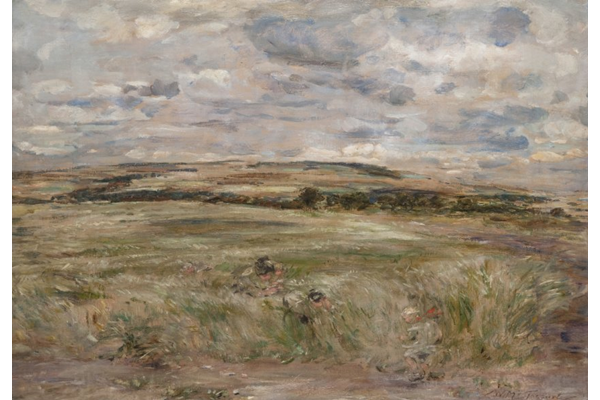
The Wind among the Grass
The Wind among the Grass - Oil on canvas - 84 x 124 cm - 1894 - 1977.985 © McLean Museum and Art Gallery, Greenock
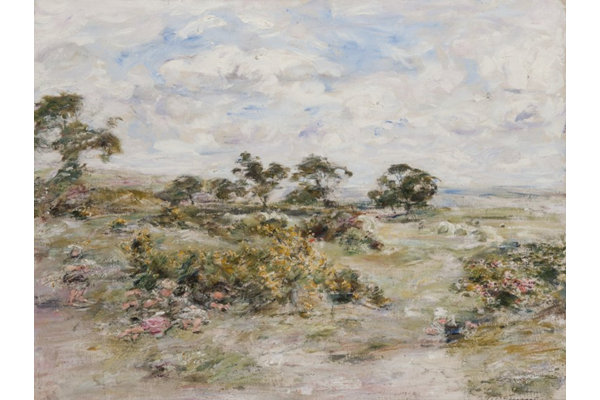
Broom - A June Day
Broom - A June Day - Oil on canvas - 83 x 108.3 cm - 1904 - 1977.987 © McLean Museum and Art Gallery, Greenock
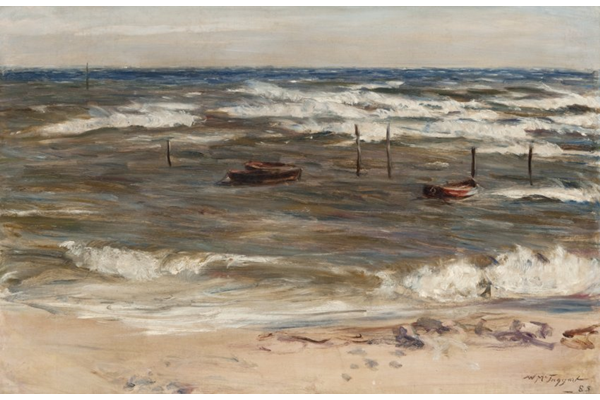
Carnoustie
Carnoustie - Oil on canvas - 60.8 x 91.5 cm - 1885 - 1977.989 © McLean Museum and Art Gallery, Greenock
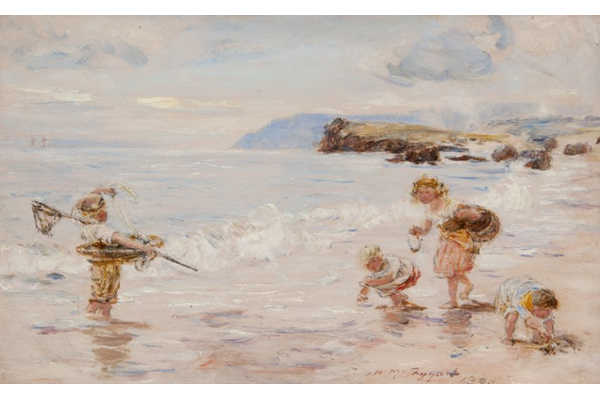
Where the Smugglers Came Ashore
Where the Smugglers Came Ashore - Oil on canvas - 20.7 x 30.5 cm - 1890 - 1977.990 ©McLean Museum and Art Gallery, Greenock.
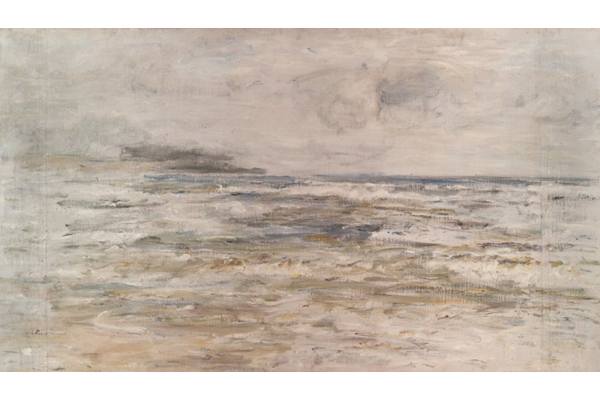
Mist and Rain, Machrihanish
Mist and Rain, Machrihanish - Oil on canvas - 95 x 178 cm - 1907 - 1977.992 © McLean Museum and Art Gallery, Greenock
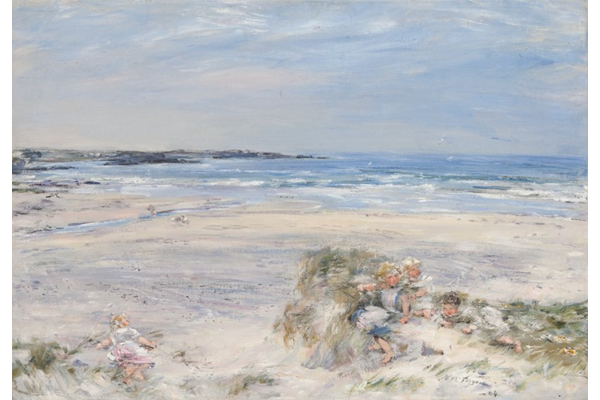
Where the Birnie runs down to the Sea, Machrihanish
Where the Birnie runs down to the Sea, Machrihanish - Oil on canvas - 59 x 84.2 cm - 1904 - 1977.988 © McLean Museum and Art Gallery, Greenock






